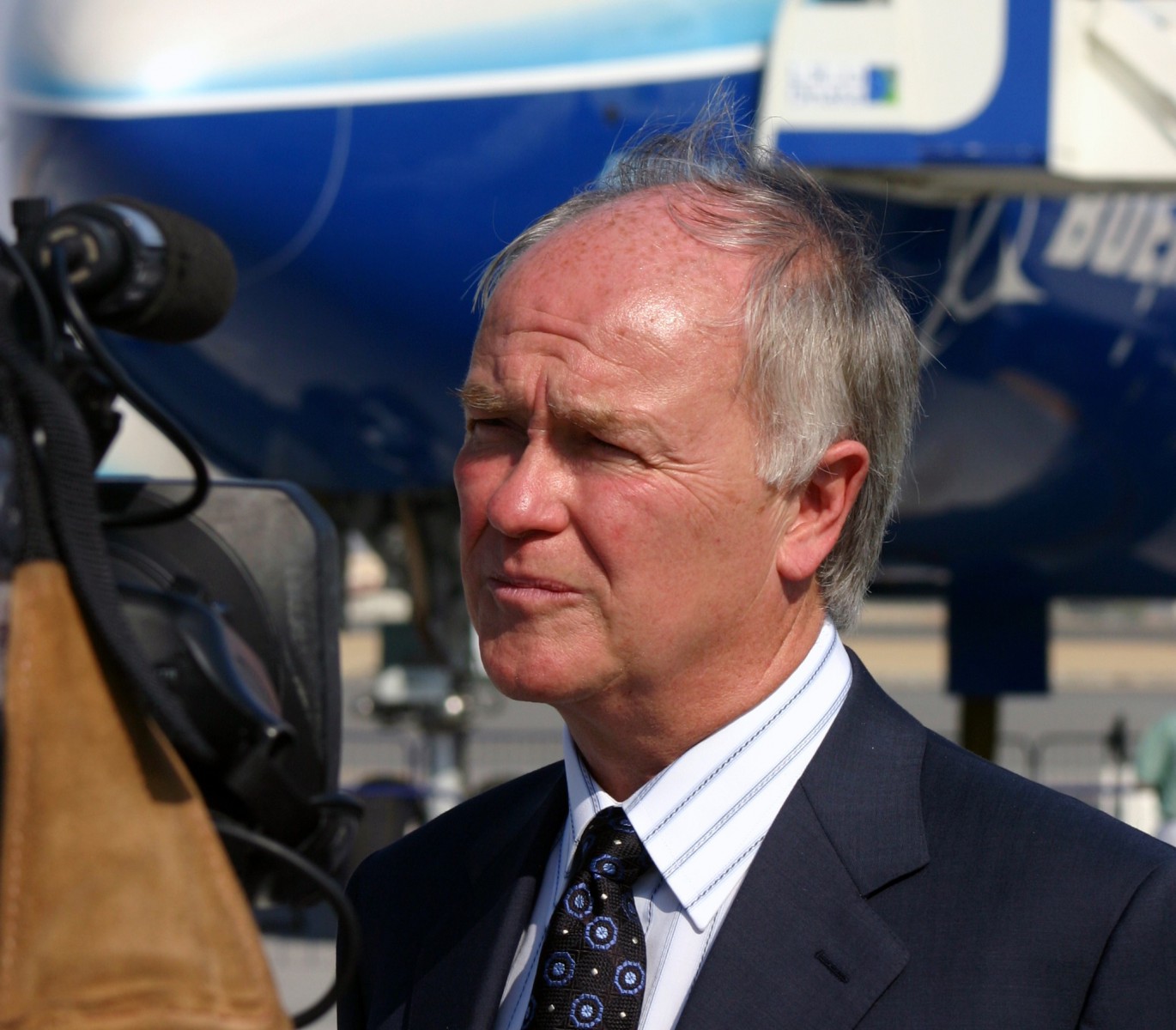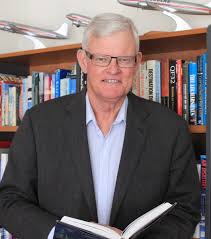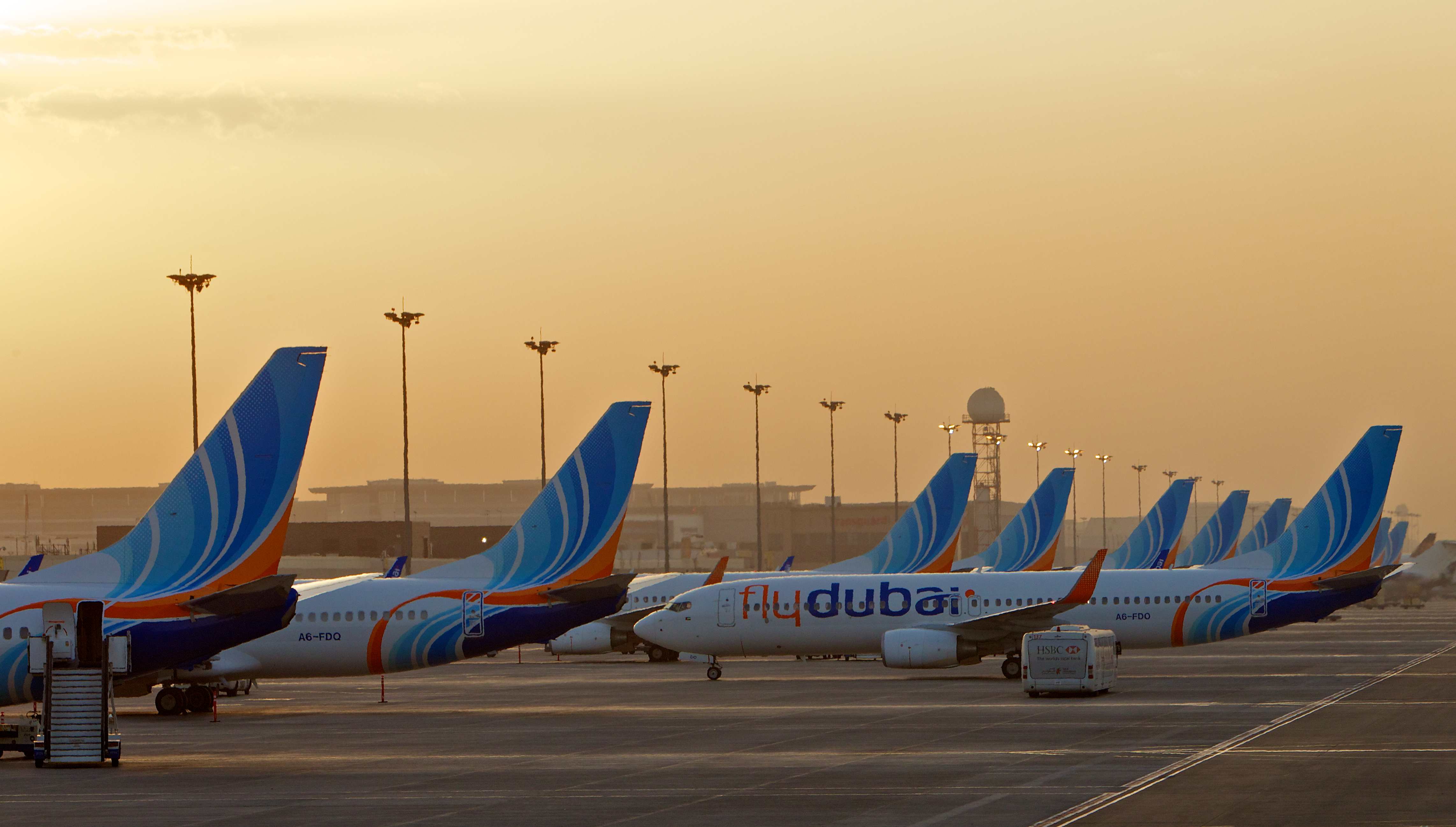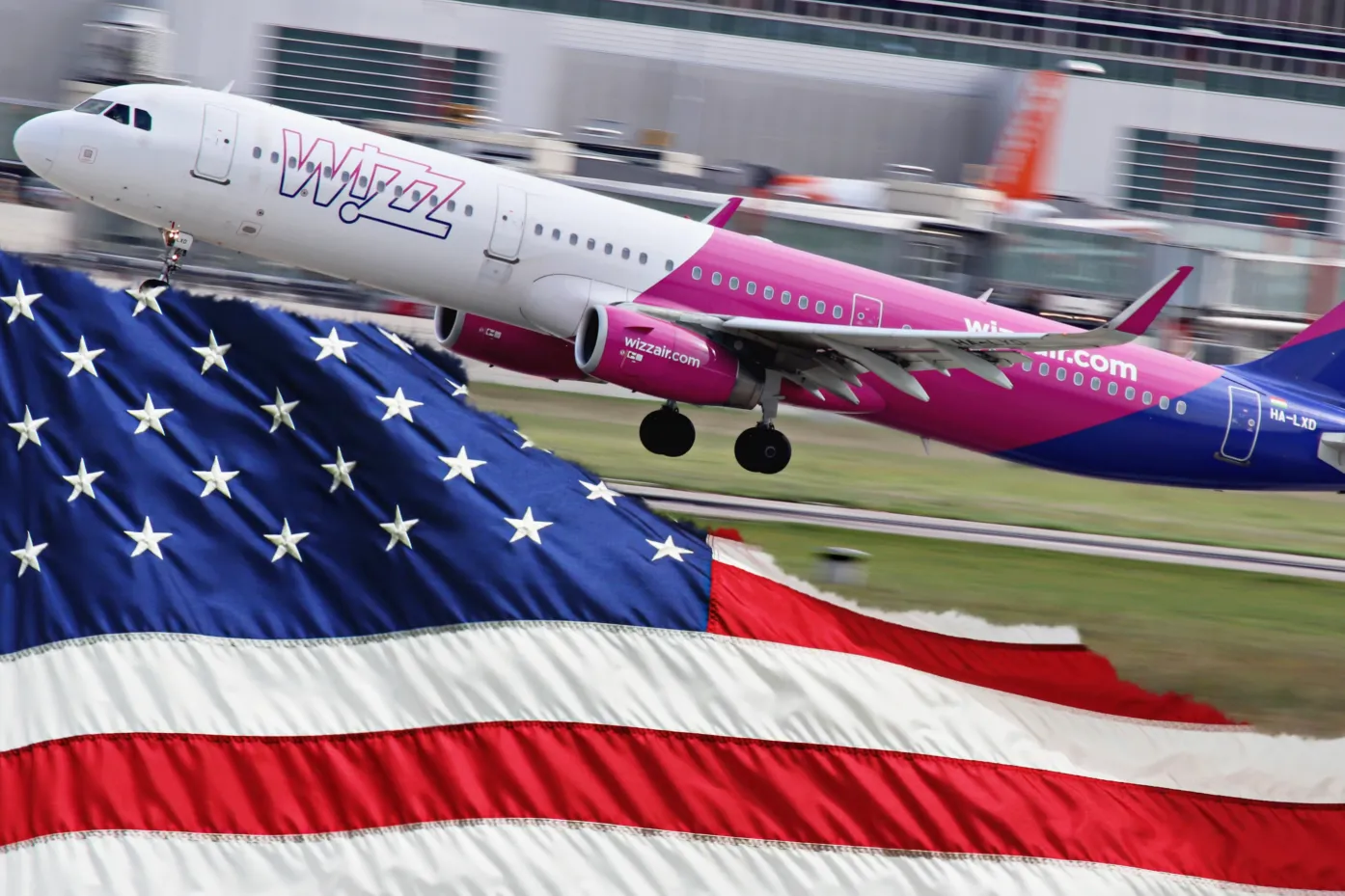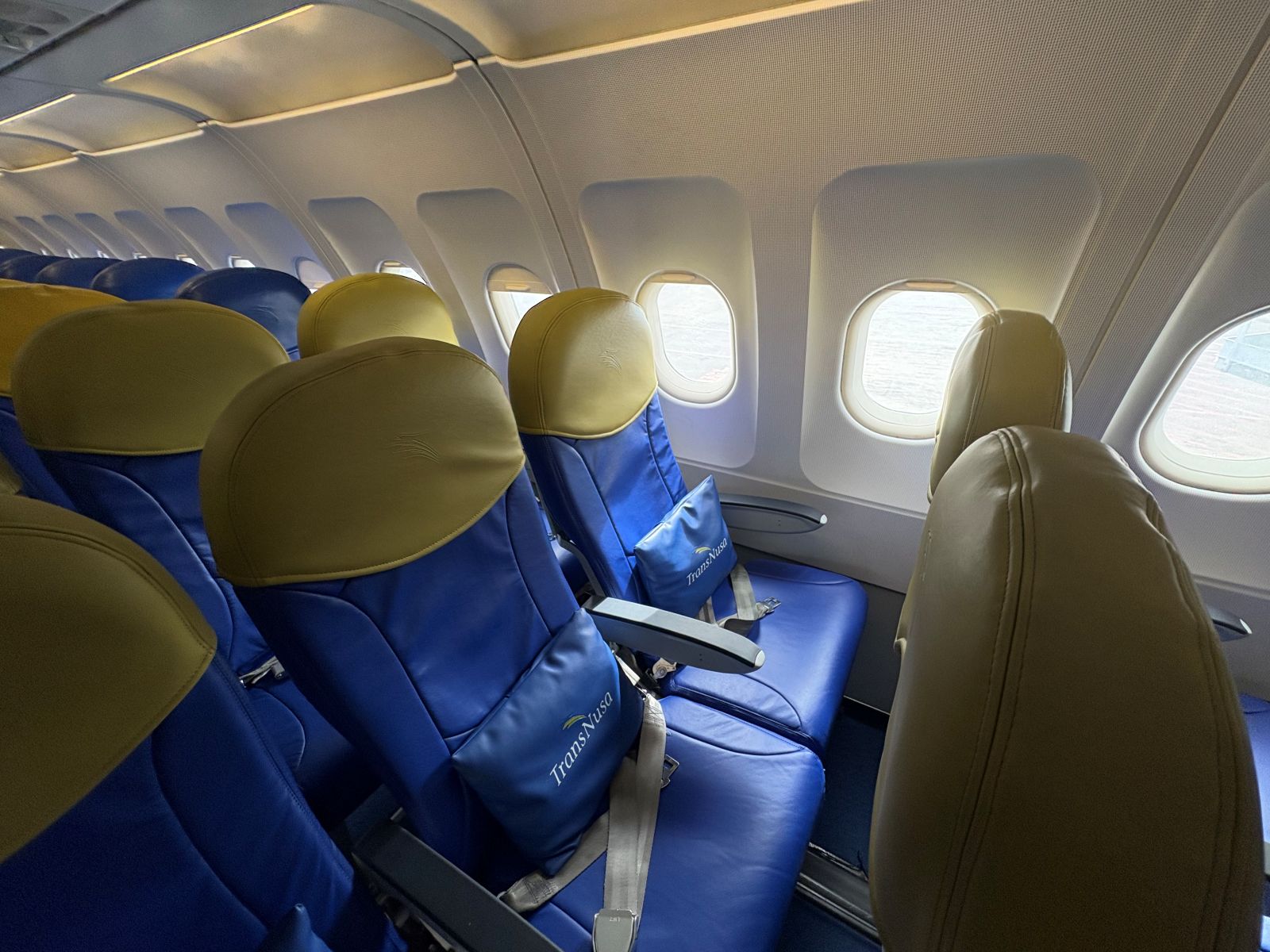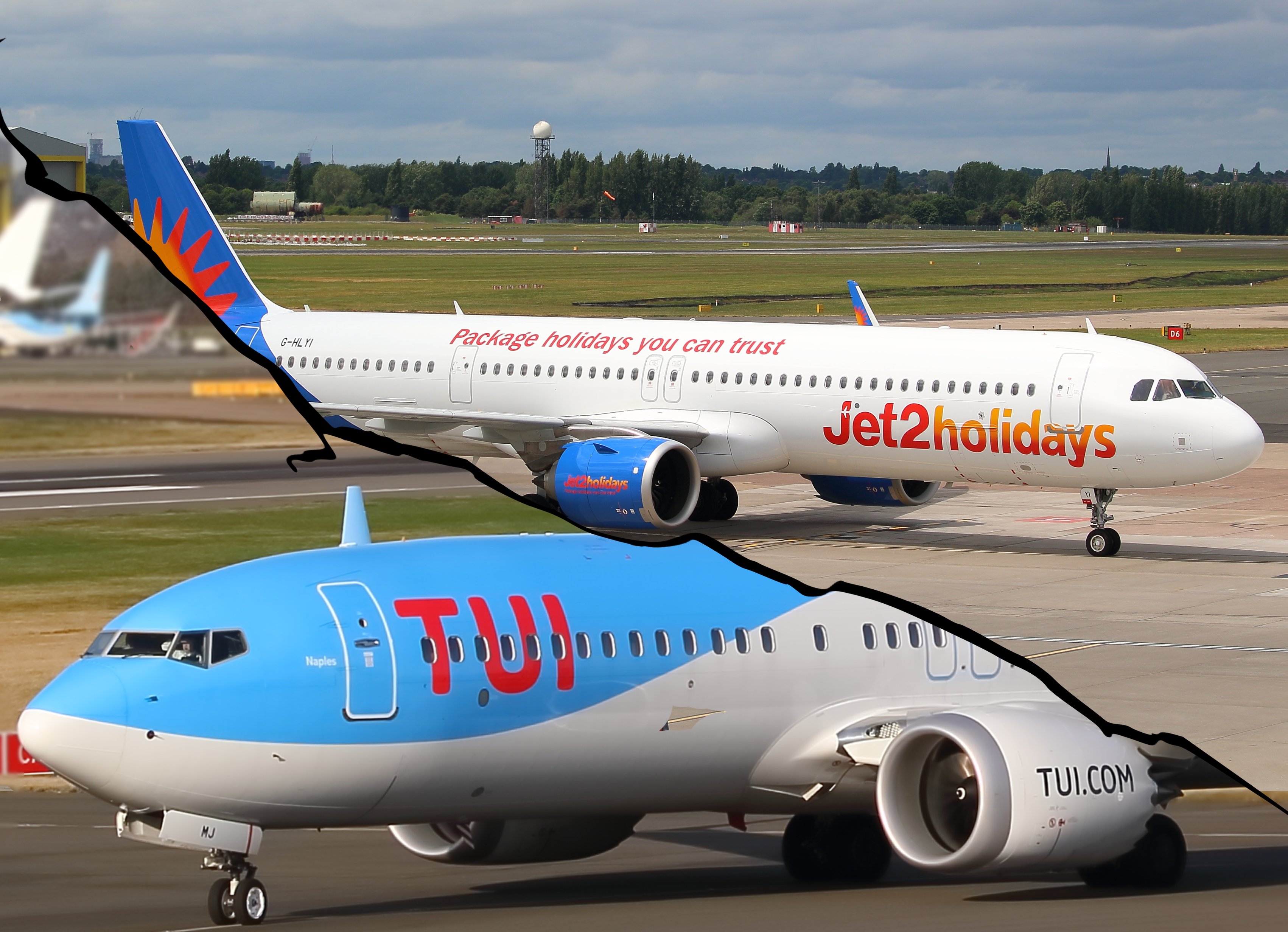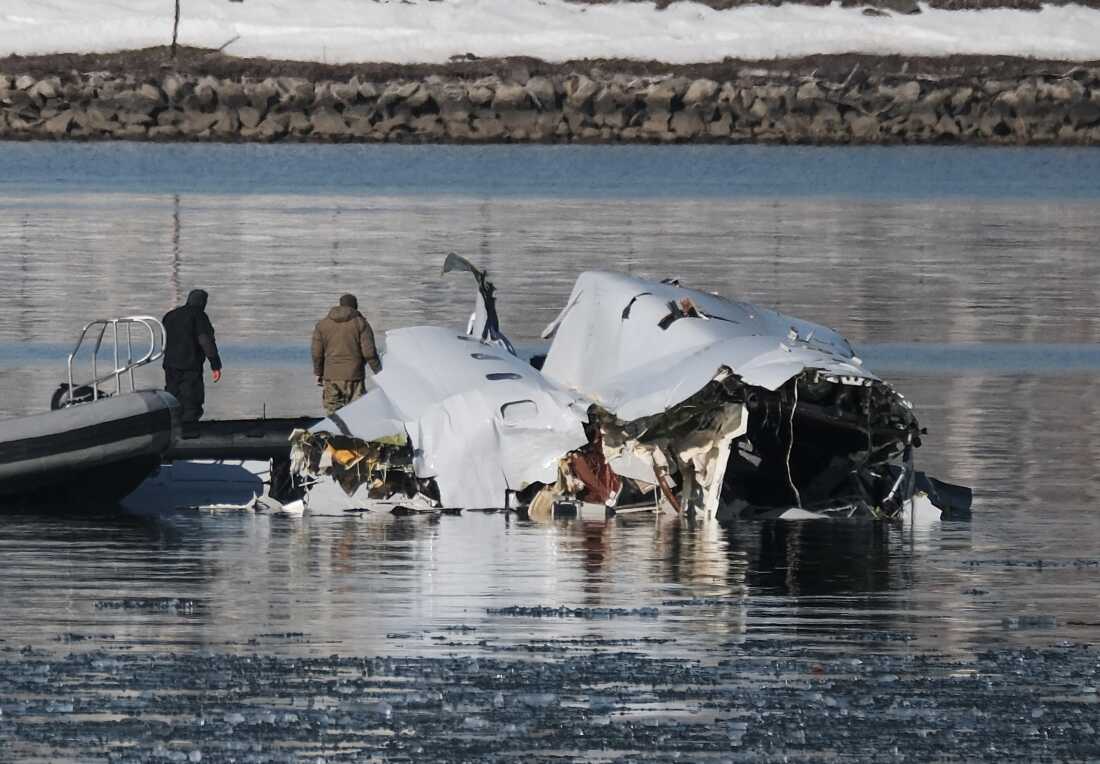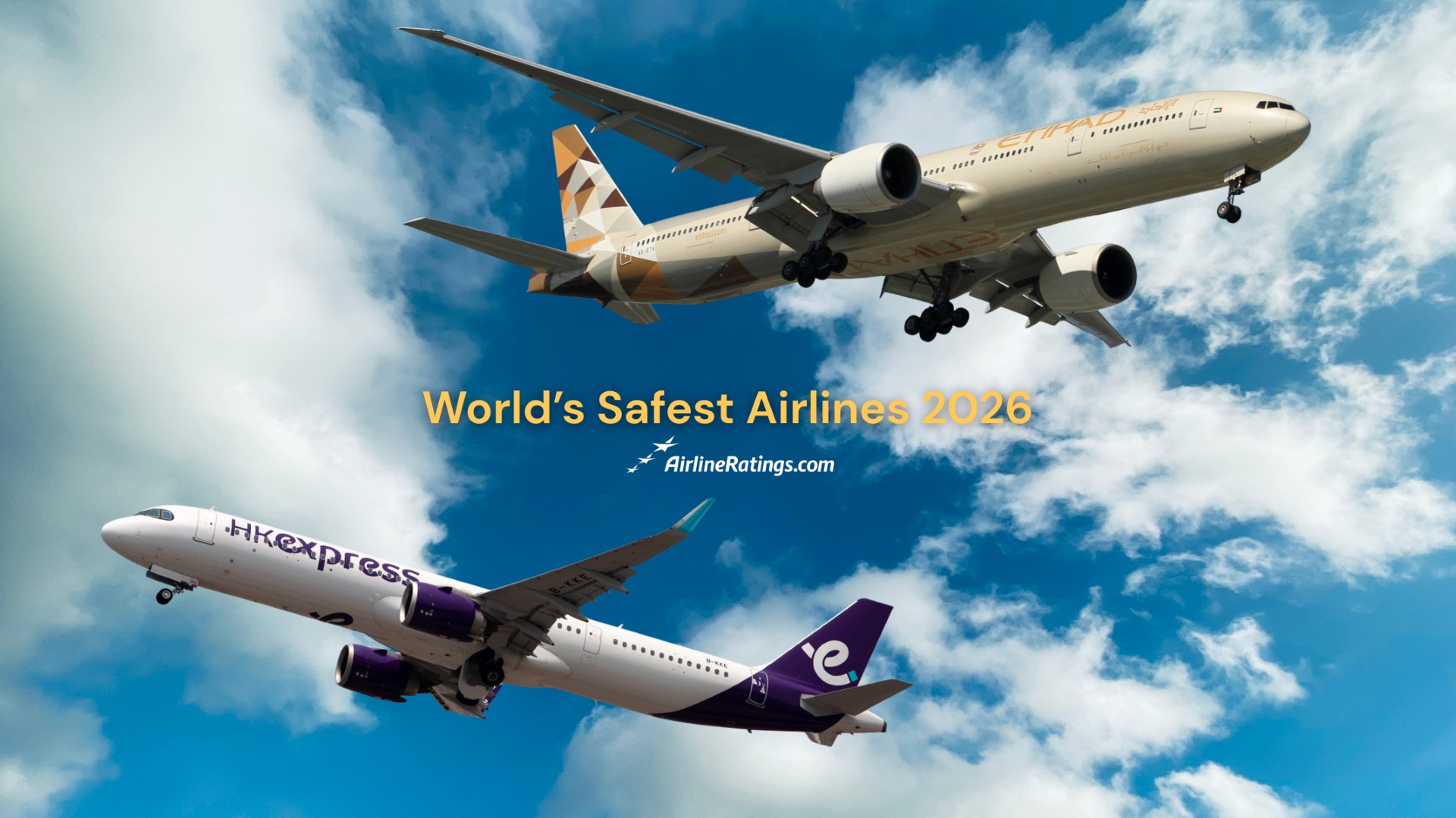Emirates President, Sir Tim Clark has lashed out at Boeing for its organizational problems and changing business model that has compromised delivery of the 777X. This is the first of a three-part exclusive interview.
Q: The visit of the 777-9 to the Dubai Air Show, do you look forward to seeing it at your base?
Sir Tim Clark: It will be great to see the 777X when it’s coming to the Dubai Air Show. I’ve seen it last when I’ve been on our first production aircraft in Seattle in July 2019. They even flapped the wings for me. But the aircraft hasn’t been certified yet and the folding wingtip is under review by regulators currently, it will draw their eye particularly after what’s happened to the MAX. But of course, it’s important to get what we (Emirates) wanted, when they designed the aircraft they needed the extra wing size to get the range we need. Basically, the wingspan makes the aircraft a Code F size, and there are only a few airports in the world that actually can handle a number of Code Fs. As the A380 is out of production, a lot of its stands will be converted back to Code E, so the 777X has to fit in there. The only way to do that is by folding the wingtips.
Q: The current difficulties and delays you are experiencing with the 777-9 and all uncertainty surrounding it, is that a unique case in your long career?
Clark: I’ve had not dissimilar periods of engagement with manufacturers if you go back to the A340-500, the Boeing 777-300 Classic, and then of course the A380. Because we’ve - Emirates - always been at the forefront of new aircraft programs, we’ve always been exposed to the brunt of such problems. People asked: ‘Why didn’t you learn?’ The reason was that in most of the cases we pushed the manufacturers and helped them design what we wanted to do. The best thing that ever came out trouble-free was the Boeing 777-300ER. But then came the A380, its entry into service was not trouble-free, it developed numerous problems through the course of its life, but remained hugely popular. So of course I have been in similar situations as with the 777-9X before. But I suppose it’s the price you have to pay for pushing the manufacturers to build what you want, and not what they would want. The 777-9X has just run in all sorts of issues and problems not least its construction, design, and build under the current regime.
READ: Ryanair's O'Leary calls Boeing delusionary over MAX deal
READ: Aerospace giants issue call to arms on net-zero carbon.
Q: What are you going to tell Boeing when they come to Dubai with the aircraft?
Clark: We (Emirates executives) just talked in Boston for three hours. We are seeking reassurance that this airplane has been built according to the normal rules. But when we know the normal rules were compromised in the MAX program, and this aircraft was built at the same time under the same regime. I can’t understand why the 777X with all its novelties was ticketed as a derivative, while it’s not when you build a new aircraft. The MAX was a derivative of the 737NG, but was it? The issue of the 777-9X at the moment is one of certification. We need clarification that it has been built according to the rules we will accept. There is an act going through Congress as we speak, that’s going to change the processes and the oversight the regulator has in the manufacturing of aircraft. Which presupposes then what was happening before wasn’t what it should be. Because they have to change it into what it should be. That being the case, there is a question mark over all of this, we got to resolve this one way or the other.
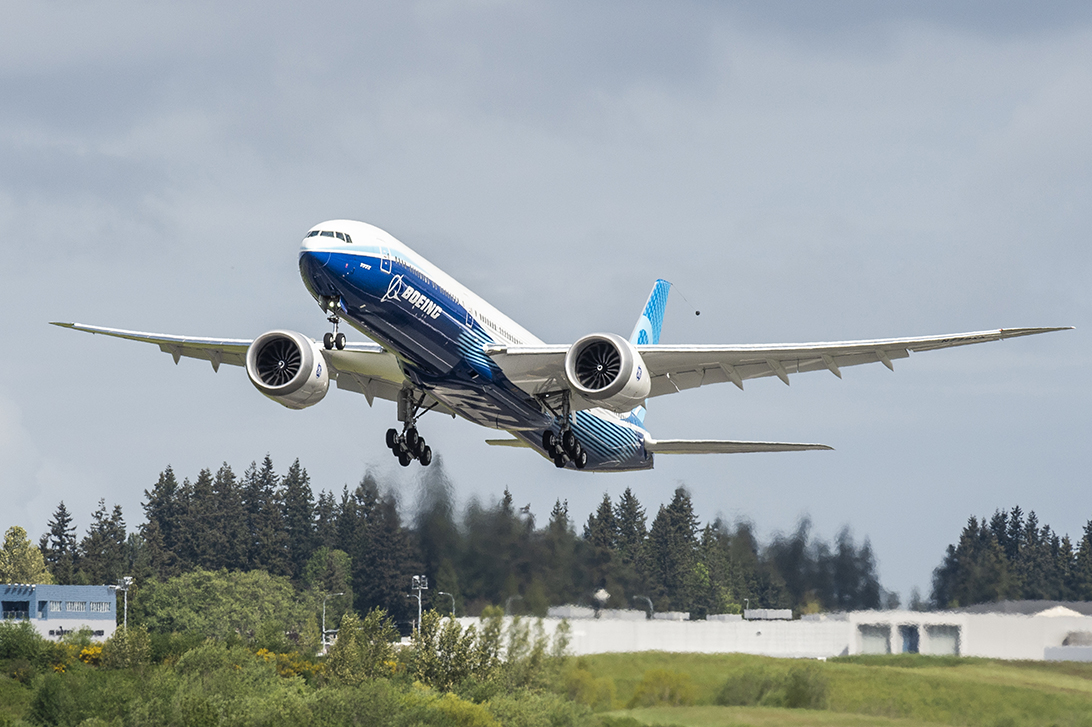 Q: You still seem to be worried about the FAA’s oversight
Clark: It was a clear case of relaxation, the eye came off the ball as far as the FAA was concerned as to what in this case Boeing was doing, with the FAA inspectors becoming Boeing employees. We found that in a survey that was conducted recently 30% of the employees interviewed said that in their views safety was being compromised in the pursuit of profit. 30%, that’s alarming! If 30% of my pilots would say we are flying unsafely I’ll resign straight away. These kinds of things are worrying us. When we read the recent judgment from Delaware and the court’s 103-page finding making Boeing’s management and board culpable for a lot of things, we (Emirates) were alarmed by what we saw. It sent shock waves through the North American aerospace industry.
Q: So in your view, the current mess around the 777X is a direct result of the shortfalls leading to the MAX crisis?
Clark: Correct, as it was built at the same time. We are not certain all the same things went wrong in the 777X, but we need assurance that that isn’t the case. I am waiting to see how they deal with it, Boeing is notorious for being in denial about a lot of things. And they close ranks very quickly, there was never a problem and they always got a solution. But time and time again they get found out and things are not right. Altogether it’s a worry to us, there are terrible problems in the organization. Our aircraft, which was conceived and designed largely by us, working with the original designers of the 777-300ER, has gone into this whole thing and has been pushed from June 2020 to the back end of 2023 or even 2024. And I don’t know what the regulators may discover or find.
Q: Is there any underlying reason for this evolution?
Clark: The root cause is the convergence, or I should say divergence in the business models, from when you had quality and engineering excellence, which has been replaced by concentrating on market share, profits, free cash flow, dividends, and bonuses. I saw it starting to happen in the 1990s.
Q: Is that just a Boeing problem?
Clark: There might be more checks and balances in the European theatre because they got so much quasi-governmental involvement. Even so, Airbus is a private company, there is a lot of control through Germany, France, Spain, it’s not something I experienced there to the same extent with Airbus as more recently with Boeing. I have always said: If you build an airplane and it does what we want it to do, and is maintained really well, you know, we buy lots of them and guess what, market share and free cash flow, dividends, bonuses will come anyway, it’s so simple. Focus on what you do well. We focus on delivering quality products and we never lose sight of that. I am concentrating on doing the right thing and the profits will come.
Q: You still seem to be worried about the FAA’s oversight
Clark: It was a clear case of relaxation, the eye came off the ball as far as the FAA was concerned as to what in this case Boeing was doing, with the FAA inspectors becoming Boeing employees. We found that in a survey that was conducted recently 30% of the employees interviewed said that in their views safety was being compromised in the pursuit of profit. 30%, that’s alarming! If 30% of my pilots would say we are flying unsafely I’ll resign straight away. These kinds of things are worrying us. When we read the recent judgment from Delaware and the court’s 103-page finding making Boeing’s management and board culpable for a lot of things, we (Emirates) were alarmed by what we saw. It sent shock waves through the North American aerospace industry.
Q: So in your view, the current mess around the 777X is a direct result of the shortfalls leading to the MAX crisis?
Clark: Correct, as it was built at the same time. We are not certain all the same things went wrong in the 777X, but we need assurance that that isn’t the case. I am waiting to see how they deal with it, Boeing is notorious for being in denial about a lot of things. And they close ranks very quickly, there was never a problem and they always got a solution. But time and time again they get found out and things are not right. Altogether it’s a worry to us, there are terrible problems in the organization. Our aircraft, which was conceived and designed largely by us, working with the original designers of the 777-300ER, has gone into this whole thing and has been pushed from June 2020 to the back end of 2023 or even 2024. And I don’t know what the regulators may discover or find.
Q: Is there any underlying reason for this evolution?
Clark: The root cause is the convergence, or I should say divergence in the business models, from when you had quality and engineering excellence, which has been replaced by concentrating on market share, profits, free cash flow, dividends, and bonuses. I saw it starting to happen in the 1990s.
Q: Is that just a Boeing problem?
Clark: There might be more checks and balances in the European theatre because they got so much quasi-governmental involvement. Even so, Airbus is a private company, there is a lot of control through Germany, France, Spain, it’s not something I experienced there to the same extent with Airbus as more recently with Boeing. I have always said: If you build an airplane and it does what we want it to do, and is maintained really well, you know, we buy lots of them and guess what, market share and free cash flow, dividends, bonuses will come anyway, it’s so simple. Focus on what you do well. We focus on delivering quality products and we never lose sight of that. I am concentrating on doing the right thing and the profits will come.
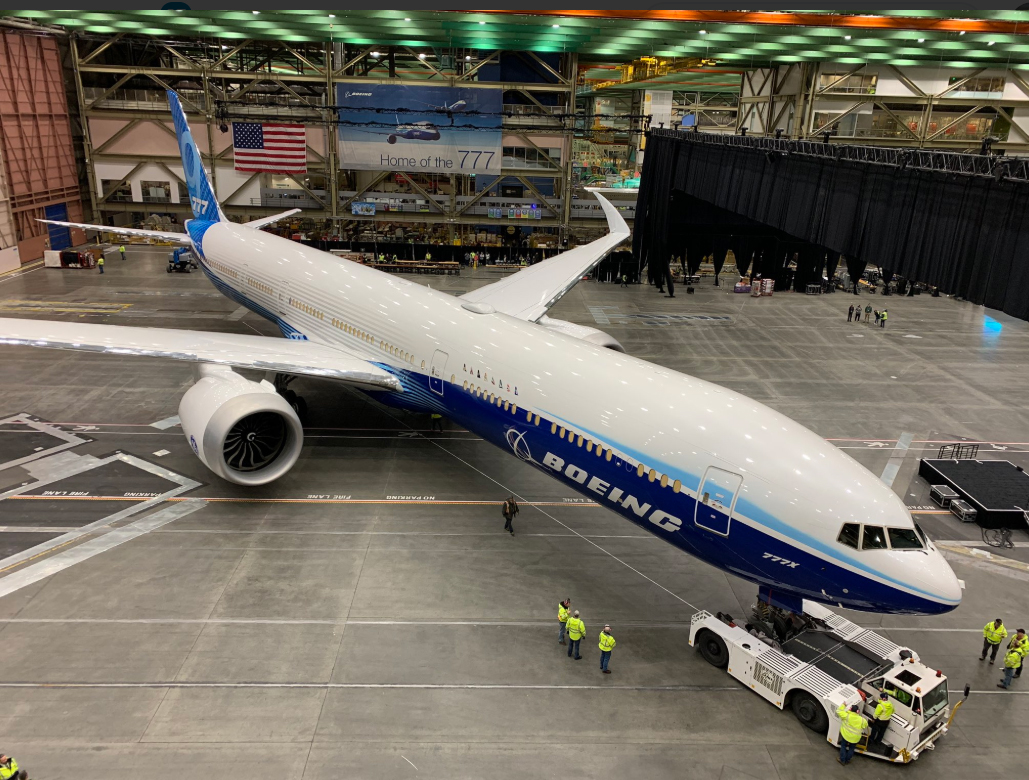
 Q: You still seem to be worried about the FAA’s oversight
Clark: It was a clear case of relaxation, the eye came off the ball as far as the FAA was concerned as to what in this case Boeing was doing, with the FAA inspectors becoming Boeing employees. We found that in a survey that was conducted recently 30% of the employees interviewed said that in their views safety was being compromised in the pursuit of profit. 30%, that’s alarming! If 30% of my pilots would say we are flying unsafely I’ll resign straight away. These kinds of things are worrying us. When we read the recent judgment from Delaware and the court’s 103-page finding making Boeing’s management and board culpable for a lot of things, we (Emirates) were alarmed by what we saw. It sent shock waves through the North American aerospace industry.
Q: So in your view, the current mess around the 777X is a direct result of the shortfalls leading to the MAX crisis?
Clark: Correct, as it was built at the same time. We are not certain all the same things went wrong in the 777X, but we need assurance that that isn’t the case. I am waiting to see how they deal with it, Boeing is notorious for being in denial about a lot of things. And they close ranks very quickly, there was never a problem and they always got a solution. But time and time again they get found out and things are not right. Altogether it’s a worry to us, there are terrible problems in the organization. Our aircraft, which was conceived and designed largely by us, working with the original designers of the 777-300ER, has gone into this whole thing and has been pushed from June 2020 to the back end of 2023 or even 2024. And I don’t know what the regulators may discover or find.
Q: Is there any underlying reason for this evolution?
Clark: The root cause is the convergence, or I should say divergence in the business models, from when you had quality and engineering excellence, which has been replaced by concentrating on market share, profits, free cash flow, dividends, and bonuses. I saw it starting to happen in the 1990s.
Q: Is that just a Boeing problem?
Clark: There might be more checks and balances in the European theatre because they got so much quasi-governmental involvement. Even so, Airbus is a private company, there is a lot of control through Germany, France, Spain, it’s not something I experienced there to the same extent with Airbus as more recently with Boeing. I have always said: If you build an airplane and it does what we want it to do, and is maintained really well, you know, we buy lots of them and guess what, market share and free cash flow, dividends, bonuses will come anyway, it’s so simple. Focus on what you do well. We focus on delivering quality products and we never lose sight of that. I am concentrating on doing the right thing and the profits will come.
Q: You still seem to be worried about the FAA’s oversight
Clark: It was a clear case of relaxation, the eye came off the ball as far as the FAA was concerned as to what in this case Boeing was doing, with the FAA inspectors becoming Boeing employees. We found that in a survey that was conducted recently 30% of the employees interviewed said that in their views safety was being compromised in the pursuit of profit. 30%, that’s alarming! If 30% of my pilots would say we are flying unsafely I’ll resign straight away. These kinds of things are worrying us. When we read the recent judgment from Delaware and the court’s 103-page finding making Boeing’s management and board culpable for a lot of things, we (Emirates) were alarmed by what we saw. It sent shock waves through the North American aerospace industry.
Q: So in your view, the current mess around the 777X is a direct result of the shortfalls leading to the MAX crisis?
Clark: Correct, as it was built at the same time. We are not certain all the same things went wrong in the 777X, but we need assurance that that isn’t the case. I am waiting to see how they deal with it, Boeing is notorious for being in denial about a lot of things. And they close ranks very quickly, there was never a problem and they always got a solution. But time and time again they get found out and things are not right. Altogether it’s a worry to us, there are terrible problems in the organization. Our aircraft, which was conceived and designed largely by us, working with the original designers of the 777-300ER, has gone into this whole thing and has been pushed from June 2020 to the back end of 2023 or even 2024. And I don’t know what the regulators may discover or find.
Q: Is there any underlying reason for this evolution?
Clark: The root cause is the convergence, or I should say divergence in the business models, from when you had quality and engineering excellence, which has been replaced by concentrating on market share, profits, free cash flow, dividends, and bonuses. I saw it starting to happen in the 1990s.
Q: Is that just a Boeing problem?
Clark: There might be more checks and balances in the European theatre because they got so much quasi-governmental involvement. Even so, Airbus is a private company, there is a lot of control through Germany, France, Spain, it’s not something I experienced there to the same extent with Airbus as more recently with Boeing. I have always said: If you build an airplane and it does what we want it to do, and is maintained really well, you know, we buy lots of them and guess what, market share and free cash flow, dividends, bonuses will come anyway, it’s so simple. Focus on what you do well. We focus on delivering quality products and we never lose sight of that. I am concentrating on doing the right thing and the profits will come.

Have questions or want to share your thoughts?
